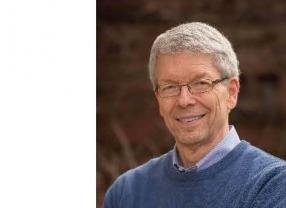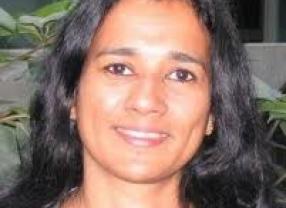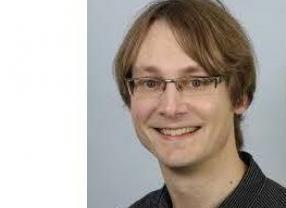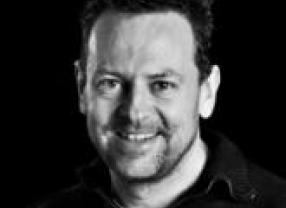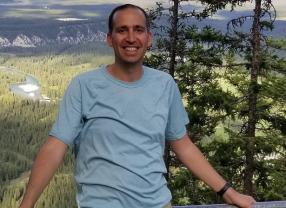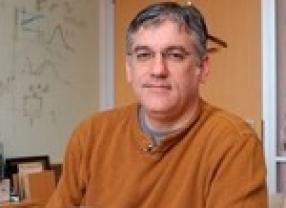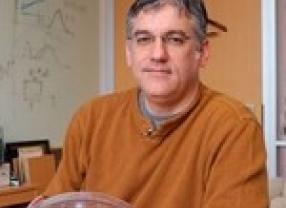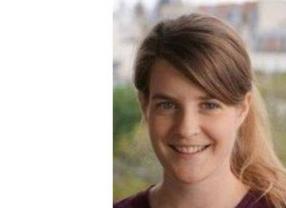
30
Jul
2020
14:30
Prof. Monika Aidelsburger: "Observation of non-ergodic behavior in the tilted 1D Fermi-Hubbard model"
Weekly seminar
30 Jul 2020
14:30

Thermalization of isolated quantum many-body systems is a fundamental problem that has important connections to quantum information theory

